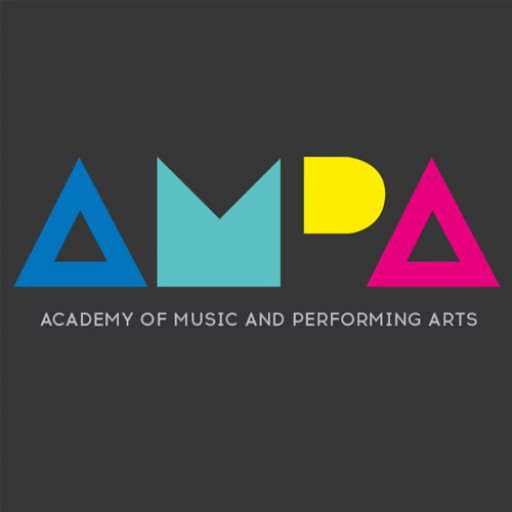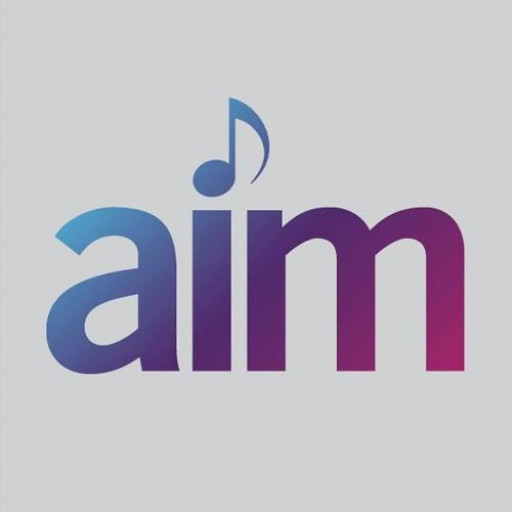Photos of university / #monash_uni
In this course you can progress your own music skills, participate with the historical, creative, cultural and technical facets of music, broaden your perspectives music in the world, and put the foundations for a highly rewarding livelihood sharing all of this with kids and teenagers as they in turn engage with music. This dual degree course will instruct one to teach in primary or secondary schools and beyond.Students specialising in secondary education will likely be eligible as pro music teachers, while students triumphed in primary education will soon be qualified to show upon the school program but using invaluable specialist expertise in music, which makes them in wonderful demand.
The Bachelor of Education (Secondary Education) with a specialisation in Music at Monash University is designed to prepare students for a dynamic and rewarding career in teaching music at the secondary school level. This comprehensive program combines rigorous academic coursework with practical teaching experiences, ensuring graduates are well-equipped with the knowledge, skills, and pedagogical techniques necessary to inspire and educate the next generation of musicians and music enthusiasts. Throughout the course, students will explore a broad range of topics, including music theory, history, ethnomusicology, and performance, as well as pedagogical strategies tailored to secondary education settings. The program emphasizes the development of both musical expertise and teaching competence, enabling graduates to deliver engaging music education that fosters creativity, critical thinking, and a lifelong appreciation of music among their students.
Students undertake coursework that covers the fundamentals of music and its diverse cultural contexts, as well as pedagogical approaches that support differentiated instruction and inclusive classroom environments. Practical components are integrated into the curriculum through school-based placements, where students gain hands-on teaching experience under the supervision of experienced educators. These placements are scheduled throughout the program to allow students to apply theoretical knowledge in real-world teaching situations, develop classroom management skills, and refine their instructional techniques. The program also encourages engagement with the broader educational community through seminars, workshops, and collaborative projects, fostering professional development and networking opportunities.
Upon graduation, students will be eligible for registration as secondary school teachers with a specialization in music. They will be prepared to work in a variety of educational settings, from government to private schools, and to contribute positively to the musical and academic development of their students. The program emphasizes innovative teaching practices, the integration of digital technologies, and a commitment to inclusivity and cultural sensitivity in music education. Graduates will leave equipped not only with a deep understanding of music but also with the pedagogical expertise necessary to inspire a lifelong love of learning and music in their students.
Program Requirements: The Bachelor of Arts in Music at Monash University is designed to provide students with a comprehensive education in music theory, history, performance, and composition. To successfully complete this program, students must fulfill a combination of core coursework, elective modules, and practical assessments. Typically, the program requires the completion of approximately 144 credit points, distributed over a three-year period for full-time study. Entry prerequisites generally include a high school certificate demonstrating a certain level of academic achievement, with some consideration given to prior musical experience or auditions for performance tracks. Students are expected to participate in practical classes such as ensemble rehearsals, individual lessons, and workshops, which are crucial for developing performance skills. Additionally, the program emphasizes the development of analytical and critical listening skills through coursework in musicology and music history. Students may choose electives in related disciplines such as media studies, psychology, or business to broaden their academic experience. Assessment methods include written examinations, performance evaluations, research essays, and project work. To graduate, students must demonstrate proficiency in at least two musical instruments or voice, and participate in public recitals. The program encourages active engagement with the broader musical community through internships, collaborations, and performances. Students are also required to complete a capstone project, which involves a substantial research or creative component, demonstrating their mastery of the discipline. Overall, the program aims to prepare graduates for careers in performance, teaching, music administration, or further academic study, fostering both technical skills and a deep understanding of musical arts and culture.
The financing of studies for the Bachelor of Music program at Monash University includes various options designed to assist students in managing the costs associated with their education. Domestic students are eligible for government-subsidized loadings and numerous scholarship opportunities based on academic merit, financial need, and other criteria. Australian citizens and permanent residents can access the Commonwealth Supported Place (CSP) system, which significantly reduces the tuition fees, with the government covering a substantial portion of the cost. Students eligible for CSPs are required to pay a student contribution amount allocated to their field of study, which varies depending on their enrolled units. Additionally, students can opt for FEE-HELP, a government loan scheme that allows eligible students to defer their tuition fees until they have graduated and are earning above a certain income threshold.
International students pay full tuition fees set annually by the university, which are higher than the CSP rates but include access to comprehensive facilities, resources, and support services. Monash University offers several scholarships specifically for international students, including merit-based awards and those aimed at students from particular regions or backgrounds. These scholarships can provide partial tuition fee waivers, accommodation support, and other financial benefits, thereby easing the financial burden on students.
Aside from government and institutional funding options, students often seek external scholarships from industry organizations, cultural associations, and philanthropic foundations. Some students may also explore part-time employment opportunities available on or near campus, which can help cover personal expenses. Monash University provides career advice, job placement services, and links with industry to facilitate employment during studies.
Financial planning for university studies in music includes understanding the total cost of tuition, accommodation, living expenses, and materials such as instruments and software. Students are encouraged to apply early for scholarships and financial aid, and to budget carefully to ensure they can sustain their studies throughout the duration of the degree. The university’s financial aid office offers guidance and support to students in understanding their options and managing their finances effectively. Overall, a combination of government support, scholarships, external funding, and personal financial planning can make studying music at Monash University accessible and affordable for many students.
The Bachelor of Education (Secondary) - Music program at Monash University is designed to prepare students for a career in teaching music at the secondary school level. This program combines rigorous academic study of educational theory and music practice, providing students with the skills necessary to become effective and innovative music educators. The curriculum integrates core pedagogical principles with practical teaching methods, ensuring graduates are well-equipped to foster a love of music among their future students and to promote musical literacy in diverse educational settings. Students engage with a wide range of musical genres, including classical, contemporary, and cultural music, enabling them to develop a broad and inclusive perspective on music education. The program also offers opportunities for hands-on teaching experience through placements in secondary schools, where students can apply their theoretical knowledge in real classroom environments under the guidance of experienced mentors. Additionally, students have access to state-of-the-art facilities, including specialized music laboratories and performance spaces, to enhance their practical skills. The program emphasizes the importance of fostering creative and critical thinking, encouraging students to integrate technology and innovative teaching methods in their practice. Graduate outcomes include employment in secondary schools as music teachers, curriculum developers, and educational consultants. With a strong emphasis on diversity, inclusion, and student-centered learning, the program aims to prepare educators who can inspire and support the next generation of musicians and learners. The Bachelor of Education (Secondary) - Music at Monash University is accredited by the Australian Institute for Teaching and School Leadership (AITSL), ensuring graduates meet national professional standards for teachers. The program typically takes four years to complete, combining coursework, field placements, and reflective practices. It is suitable for students passionate about music and education, with a desire to make a positive impact on students' lives through quality music teaching.





